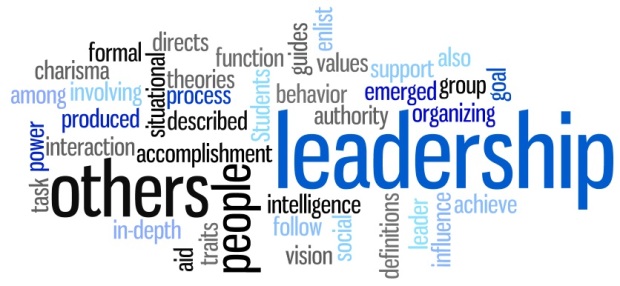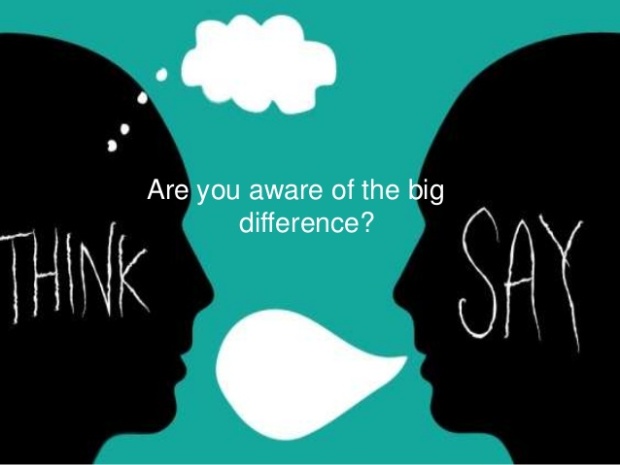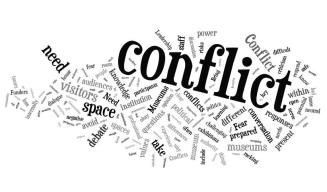When working with international teams there are going to be multiple levels of issues and concerns to navigate consciously and subconsciously. When discussing this topic (and it is one of my favorites) I love to reference my favorite text on the subject, Understanding Cross Cultural Management by By Browaeys and Price. (Everything below is based on their work).
According to Michael Browne, “[g]lobalization means that modern teams and companies are increasingly staffed by qualified people from around the world. In order to create a harmonic working environment while maximizing team efficiency, it is necessary to understand how different cultures approach things such as meeting deadlines, direct or indirect communication or project mentality”.
Individuals who master the ability to operate and navigate international teams with success and results are people high in demand. You can too by studying the following aspects of cross-cultural diversity.







